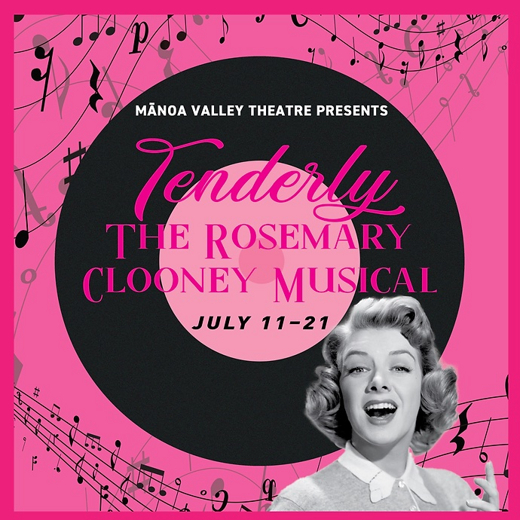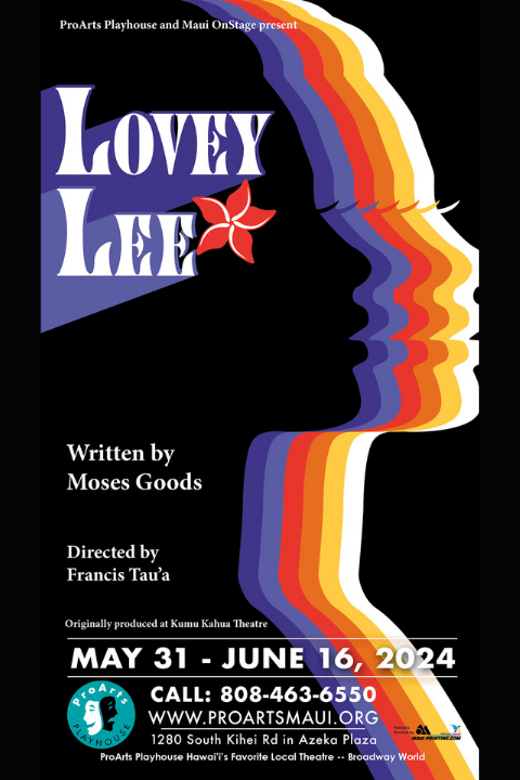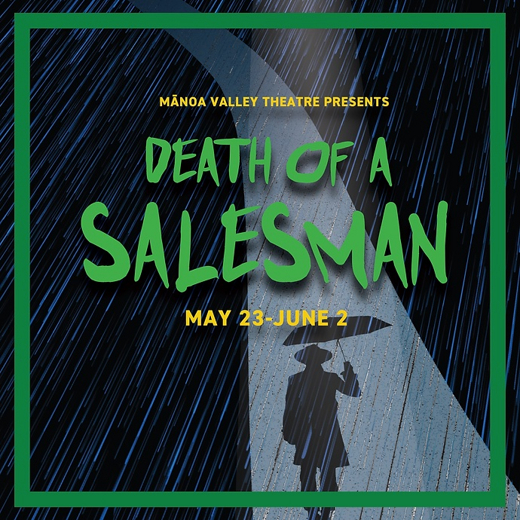SUBMIT UPDATES
I PAGLIACCI
Act I
In a village in southern Italy, a crowd welcomes a traveling troupe of players. Canio, their leader, greets the villagers and invites them to a play that evening. The men urge Canio to join them for a drink at a nearby tavern, but they teasingly warn him not to leave his young wife, Nedda, alone with Tonio, who—they say—might make the same kind of romantic advances to her in real life that his character will in the play. Canio answers that while his role as a jealous husband on stage creates comedy, the same situation in real life would end differently. He then departs with the villagers.
Thinking she is alone, the young Nedda reflects on the potential danger of her husband’s jealousy. But she refuses to be burdened by such fears. The sight of birds flying overhead triggers the memory of a song she once heard in childhood, and she begins to dream of a life more free. Tonio overhears her fanciful outburst and takes the liberty of declaring his love for her. Even though she scorns him and ridicules his deformity, he tries to kiss her. When he persists, she grabs a whip and strikes him. Cringing with pain, Tonio swears that she will pay dearly for her actions.
No sooner has Tonio gone off than Silvio appears. He is a young villager with whom Nedda has been having an affair. He wants her to leave her husband and run away with him. Nedda at first refuses, but finally she gives in to Silvio’s impassioned pleadings. Tonio, returning from the tavern, catches sight of the lovers and, seeing the opportunity for revenge, runs off to fetch Canio. The enraged husband arrives just in time to hear his wife promise to meet Silvio later that night. At Canio’s approach, Silvio escapes unrecognized into the woods. Canio demands that Nedda reveal the identity of her lover. She refuses. Canio, beside himself with rage, is about to kill her when Beppe, another member of the troupe, stops him. He reminds Canio that the villagers are assembling for the performance and tells Nedda to get dressed for the play. Canio reflects ironically that he now must go on stage as Pagliaccio—the Clown—and make people laugh, even though his heart is breaking.
Act II
The villagers gather excitedly to see the performance. The play presented by Canio and his troupe is a mirror of the previous, real life, events. Tonio plays the part of the stupid servant Taddeo, who declares his love for Columbine (played by Nedda). She scorns him to make way for her real lover, Harlequin (played by Beppe), who arrives for an intimate supper. This cozy scene is interrupted by the unexpected arrival of the husband, Pagliaccio (played by Canio). Harlequin escapes as Columbine promises to meet him later that night, using the same words that Nedda used to Silvio that very afternoon.
As Canio proceeds to play his part, the tragic reality of the situation begins to overshadow the make-believe. He insists that Nedda name her lover. She laughs him off and tries to continue the comedy. But Canio, carried away, reproaches her for her ingratitude and her betrayal. Some of the spectators begin to wonder whether the actors are playing parts or are actually in earnest. Nedda reminds Canio that she has never been a coward and persists in her refusal to name her lover. Pushed beyond the breaking point, Canio seizes a knife and stabs Nedda. With her last breath she cries out for Silvio, who has been watching the play. He runs onto the stage and Canio, now aware that Silvio is his wife’s lover, stabs him to death. Amid the agitation of the horrified onlookers, Tonio ends the “performance” (and Leoncavallo’s opera) by stating simply: “The comedy is finished.”
CARMINA BURANA
Carmina Burana is a scenic oratorio composed to the texts of Goliard poems from the 13th century. The manuscript containing these verses was discovered in 1803 at a Bavarian monastery in Benediktbeuern; the term “Burana” in the title is the Latin adjective identifying this location. The subtitle of the work, “Cantiones profanae cantoribus et choris cantandae comitantibus instrumentis atque imaginibus magicis,” means “Secular songs for soloists and chorus, accompanied by instruments and supplemented by scenery.” Although there are a number of contexts for human interaction in some of the pieces, there is no plot continuity or overall dramatic action in this series of songs. Composer Carl Orff envisioned Carmina Burana with optional action and dance, although he did not provide written instructions as to how it should be staged. Thus, it has been presented in a wide variety of ways. Although most frequently seen in concert form, the work is extremely theatrical and adapts well for the stage. Portland Opera’s production has been conceived by Christopher Mattaliano as a fully staged production featuring the dynamic Portland modern dance company BodyVox, with choreography by Artistic Directors Jamey Hampton and Ashley Roland.
The medieval Goliards (the term is a nickname meaning “big mouths”) were scholars, monks and priests who had abandoned conformity to the Catholic church. Individualists in a time when such behavior was considered heresy, they lived vagrant lives, begging, thieving, and singing. They wrote their verses mostly in Latin, although portions of their texts are in the vernacular languages of the areas in which they lived. Their best poetry is a frank avowal of their pleasures, their simple zest in living, and the joys of an earthy existence.
The manuscript discovered in the Benediktbeuern monastery contained the most extensive collection of Goliard poetry ever found. Its authors were various and anonymous. It is surprising that a monastery’s library contained a volume of such scurrilous material. The justification for this is that the volume had originally belonged to a secular court and had been assigned to the monastery for archival purposes.
In Carmina Burana, Orff chose to set only a portion of the manuscript to music. The melodic language he employed mixes folksong elements from his native Bavaria with a parody of Gregorian plainchant, matching the ridicule of religious forms found in the texts. The musical fabric is bold and colorful. Its strong rhythmic emphasis demands an enlarged percussion section. Although these effects are striking, they are not complicated. The melodic material is tonal and straightforward, unadorned by counterpoint or formal variation. The harmonic effects are reduced to bare essentials. All of these choices magnificently enhance the poetry’s attention to what is simple, sensuous, vigorous, and direct.
Orff chose to organize the texts of Carmina Burana into three contrasting sections: exploring themes of renewal and sexual awakening in Early Spring; alienation, debauchery, and corruption in In The Tavern; and both unrequited and requited love in The Court of Love. These three groups of poems are flanked by identical musical settings of the same poem “O Fortuna” (Oh Fortune), bemoaning man’s fate as a mere pawn of destiny’s mighty and often cruel hand.
Carmina Burana has won a firm place in the musical repertoire of Western culture. It has enjoyed enormous popularity and has often been adapted effectively for theatrical purposes for both stage and film.
Cast and Creative team for I Pagliacci / Carmina Burana at Hawaii Opera Theatre
CANIO:
Richard Crawley
NEDDA/SOPRANO SOLOIST:
Elizabeth Caballero
TONIO:
Louis Otey
SILVIO/BARITON SOLOIST:
Andrew Garland
BEPPE/TENOR SOLOIST:
Tracy Wise
CONDUCTOR:
Hal France
STAGE DIRECTOR:
Roy Rallo
Richard Crawley
NEDDA/SOPRANO SOLOIST:
Elizabeth Caballero
TONIO:
Louis Otey
SILVIO/BARITON SOLOIST:
Andrew Garland
BEPPE/TENOR SOLOIST:
Tracy Wise
CONDUCTOR:
Hal France
STAGE DIRECTOR:
Roy Rallo
Videos

|
Tenderly - The Rosemary Clooney Musical
Manoa Valley Theatre (7/11 - 7/21) | |

|
Happily Eva Afta
Manoa Valley Theatre (6/27 - 7/14) | |

|
Lovey Lee
Maui OnStage (5/31 - 6/16) | |

|
Junie B Jones the Musical JR
Maui OnStage (5/4 - 5/12) | |

|
Death of a Salesman
Manoa Valley Theatre (5/23 - 6/2) | |

|
Suessical
Maui OnStage (7/12 - 8/4) | |
| VIEW SHOWS ADD A SHOW | ||
Recommended For You



